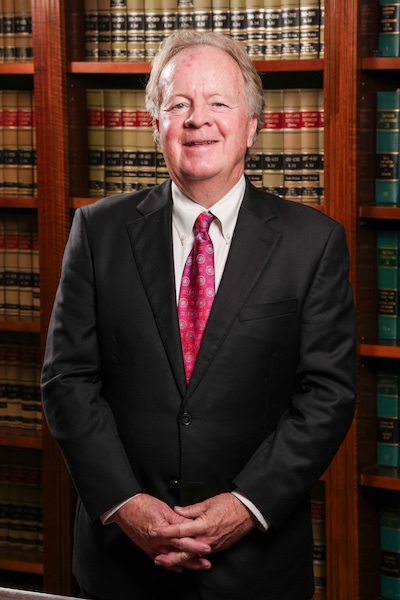It may sound like a broken record but drugs and alcohol figure prominently in crashes in Laurel and across the DMV.
While there has been an increased emphasis on law enforcement intervention to keep drunk, buzzed and drugged drivers off the roads, there is some disturbing statistical information on the prevalence of drug and alcohol presence in post-crash investigations.
The National Highway Transportation Safety Administration reports that 1/3 of all traffic fatalities nationally feature drunk drivers. The figure leaps to 56% of all fatal crashes when drug use is lumped in.
According to the Centers for Disease Control and Prevention almost 12,000 people were killed in 2020 in crashes involving drunk drivers.
So what solutions exist for this deadly problem? The short answer is that no panacea exists. Law enforcement is chronically understaffed and underfunded. Drinking and driving is historically more accepted in this big country as opposed to in Europe where better public transportation and stiffer punshments have greatly reduced the incidence of drunk driving.
So-called dram-shop acts can require greater responsibility on the part of restaurants, bars and party hosts but some states including Maryland have no such laws and other states put onerous evidentiary requirements on victims of drunk drivers in order to find legal liability on the part of the enablers who served the intoxicated patron or guest
Ignition interlock systems often prescribed as a probationary term for those convicted of drunk driving can easily be overcome by a somewhat sober friend breathing into it and then turning over the wheel to their friend who has had one too many.
Responsible friends can help quite a bit. If you've spent the evening with a friend who has been drinking offer to drive them or call an Uber, Lyft or cab or tell them to sleep on your sofa.
The numbers are simply too dangerously high in Laurel, The DMV and across the country.
One anomalous aspect of cases involving drug or alcohol use and driving is that the buzzed drivers are not legally susceptible to being sued for punitive damages. Punitive damages are literally punitive or punishing damages above and beyond damages awarded to compensate the injured victim.
Maryland does not recognize punitive damages in car and truck accident cases despite clear evidence that the at-fault driver was drunk, high or both and was fully aware of what danger these represented to other motorists. The thought process behind this stance is that the applicable traffic and criminal laws are the legally recognized mechanism for " punishing".
In summary the legal system in Maryland is inadequately configured to effectively deal with drunk and stoned drivers and the havoc they create for innocent crash victims.

